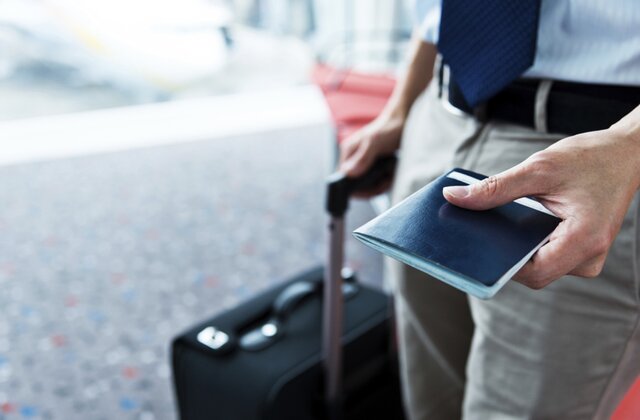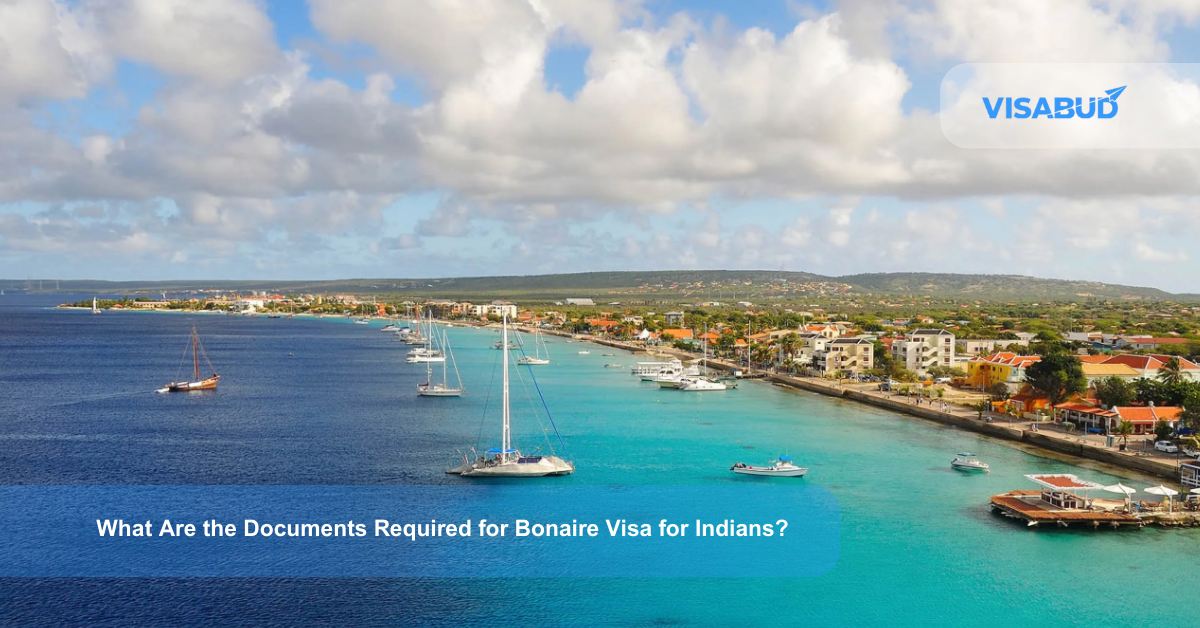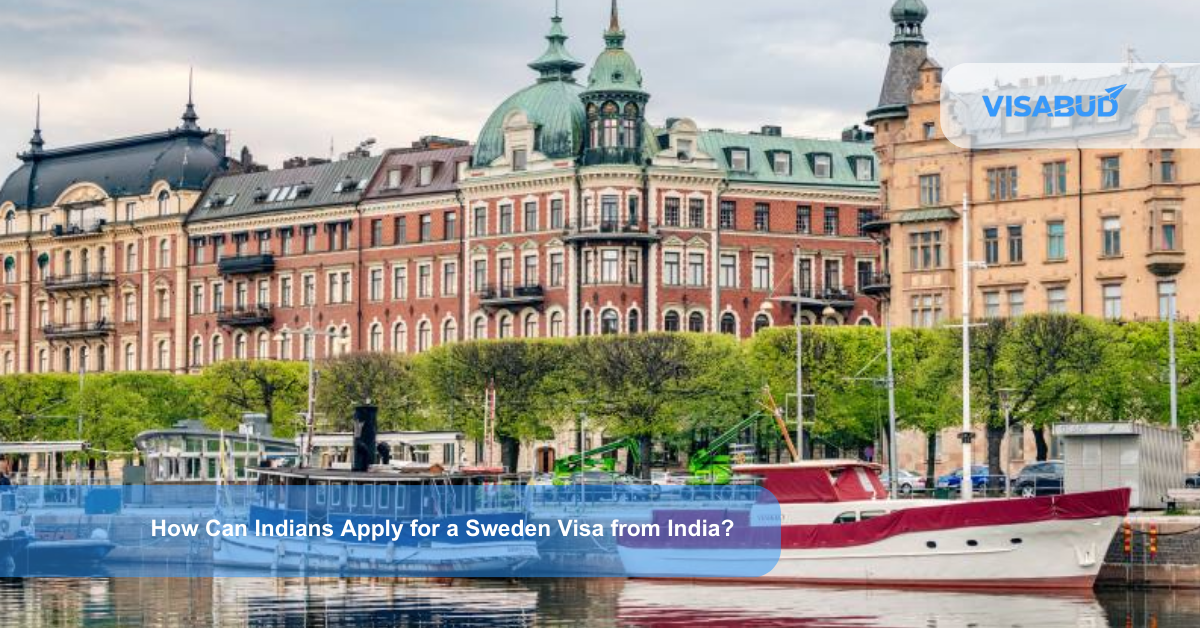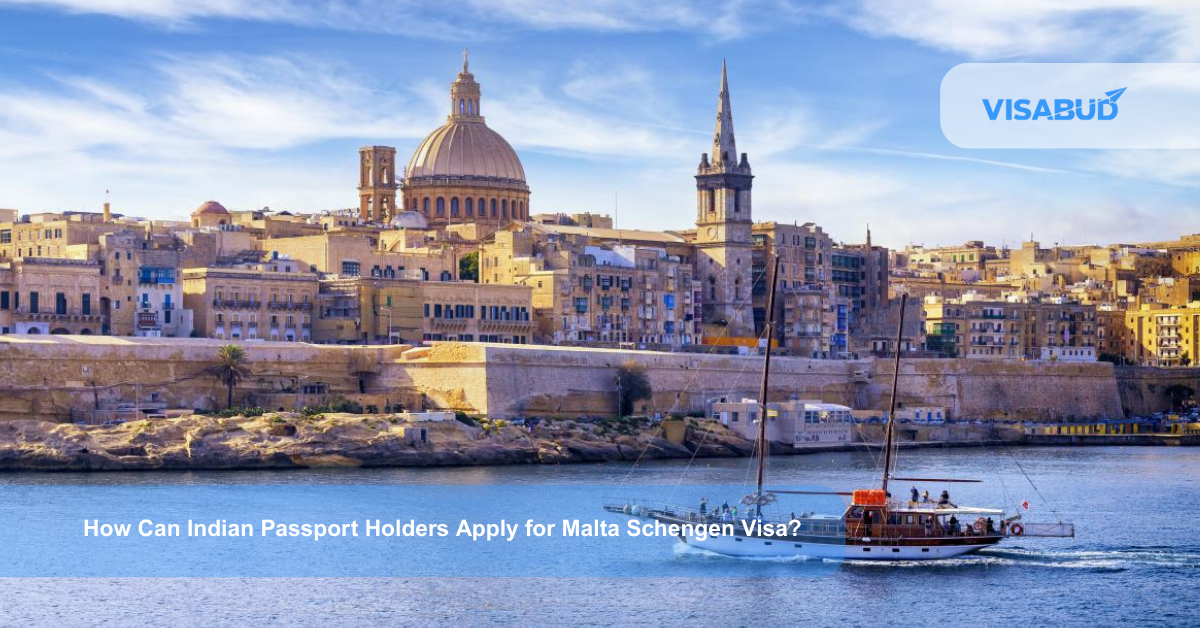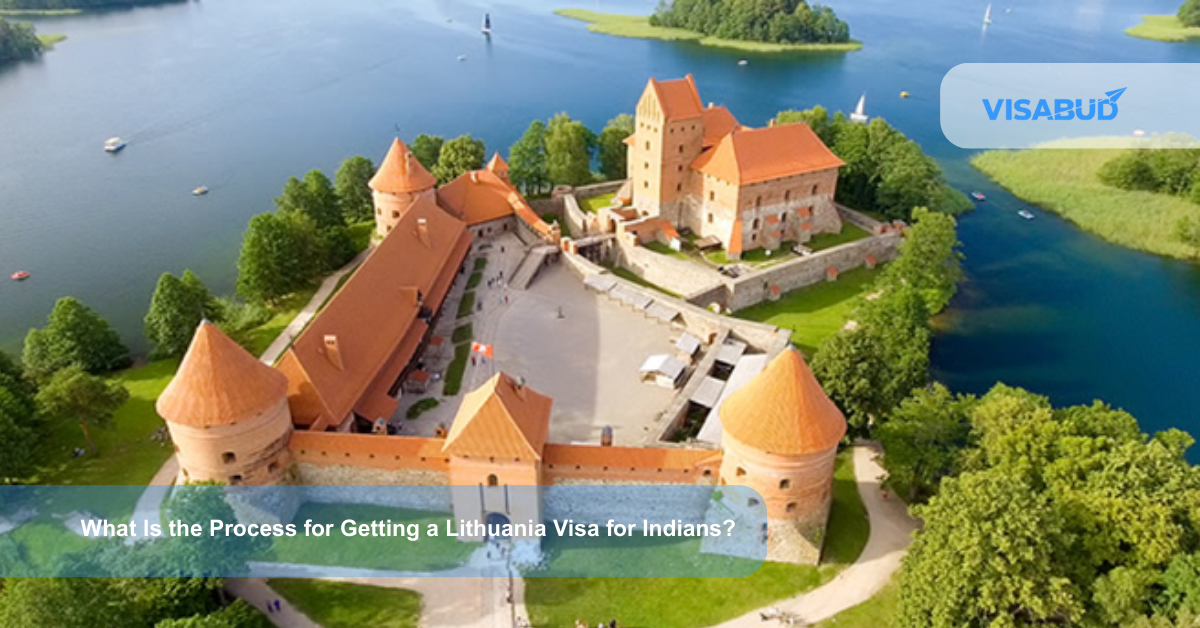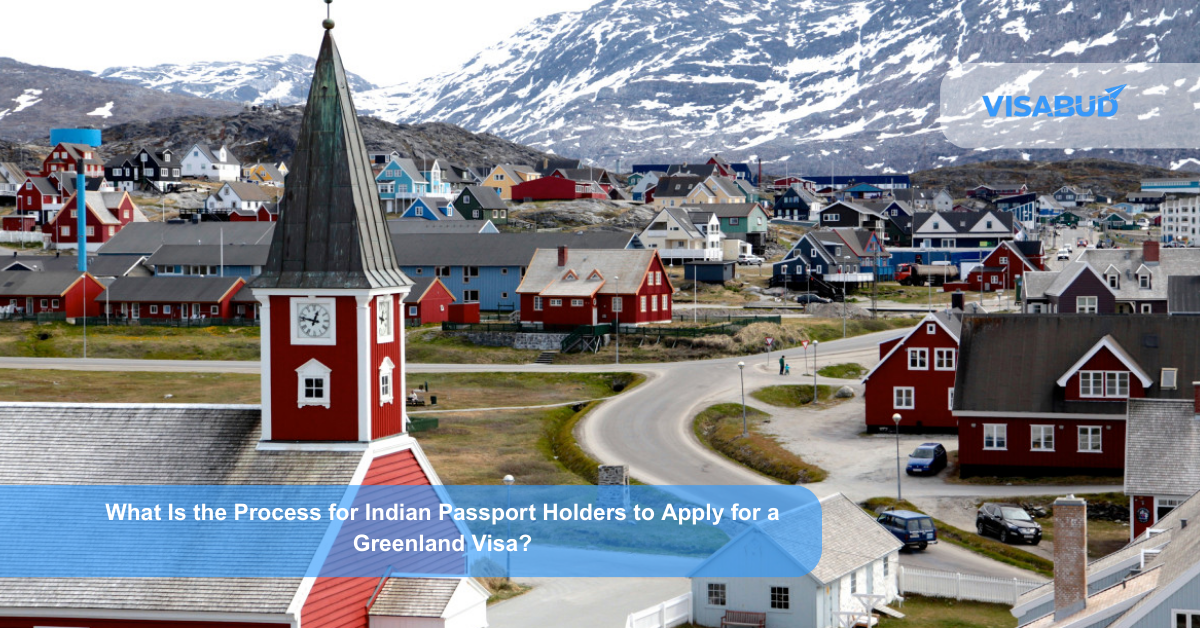INTRODUCTION
It’s safe to say that travelling to new countries brings joy in the heart. You know why? Because there is always so much going on; from various things you can do and see, to unique ways of life that are totally different from what you know But even amid all this beautiful confusion one thing is clear; your passport’s safety must come first This tiny booklet represents everything about you while you’re away -It opens doors around borders; makes it easy for noble cause Supports administration tasks among many other benefits at place of your visit. Misplacing your passport can make a pleasant holiday a nightmare, with possible delays, financial burden and interruption of travel arrangements.
When planning your trip and until the return journey begins, passport safety should be the main concern. There exist many precautions which every traveler must take into consideration through this period in order not to lose his or her identity card when required temporary identification papers, however one such as photocopies would suffice if necessary; also it’s recommended wear covers on them because they protect better than other stuffs. As you travel there, hotel safes, money belts, and secure bags are highly recommended as they will greatly lessen the danger of theft or loss.
If there comes a misfortune upon you such that your passport is misplaced or snatched, it would be good if you knew what exactly you should do first like contacting the police and also your near embassy so as to get another one quickly. Besides that having information concerning technology which can protect our documents i.e., items for instance RFID-blocking accessories or applications that secure our papers may help fortify the same.
In this blog post, we go through various details on how you should ensure that your passport is secure, combining common sense recommendations with precautionary policies allowing you the opportunity to enjoy travelling instead of being worried about misplacing your main travel identification paper. Regardless of whether you are used to travelling or you are just about to set out on your first ever foreign holiday; here are some suggestions which will help to guide you through with confidence and without any worries on your mind.
Before You Leave: Preparation is Key
Ensuring your passport’s safety while travelling is best achieved through proper preparation; hence it’s the cornerstone of safety. Reduction of risks in loss of passport, as well as reducing consequences of the same is possible if you undertake preventative measures before leaving on a trip.
Photocopy Your Passport
Before doing anything, come up with quite a number of copies of your main page of the passport. One duplicate should remain at home with your trusted friend or family member while another one should be in your possession and away from the real passport. This would help a lot when you lose your passport or when it is stolen since it will make the process of replacing the lost item. Furthermore, it is good storing a digitised one in secure clouds to allow gaining access to it from any point of the globe.
Get a Protective Cover
Buy a sturdy and protective passport cover. A good cover protects one’s passport from hazards, which include liquid matter, dust and mechanical damages. There are those covers that come with RFID blocking technology embedded in them to prevent anyone from electronic pickpocketing your personal information which is embedded in the RFID chip of the passport.
Memories Your Passport Number
Remembering your passport number or keeping it written down in a safe place can save you time whenever you are filling out forms or talking to officials. This simple act can prove to be surprisingly helpful in different circumstances that may necessitate a quick glance at your passport information.
Register with Your Embassy
There are plenty of countries that have introduced travel registration programs available for their citizens. So, before a trip, be sure to sign up with your country’s embassy. The thing is that, whenever there are emergencies or natural calamities occurring, it enables the embassy to respond quickly. The best part is, in case of loss or theft of your passport, the procedure of its replacement will be easily facilitated.
During Your Trip: On-the-Go Safety Measures
To maintain the safety of your passport once you are on the way implies that it is a process which you must keep doing. You can avoid losing your passport by working out ways to improve safety as you travel.
Use Hotel Safes
Doing your trip in the cities refers to the use of the in-room safe to store your passport when it is not needed. If there is no safe in the hotel room, ask at the reception about the possibility of using the main safe of the hotel. Ensure that you lock it well all the time and that you remember the combination or keep the key safely.
Carry a Money Belt or Neck Wallet
One of the safest methods of carrying your passport and other valuables is a neck wallet or money belt worn beneath your clothes. Its design is intended to be discreet in order to prevent pickpockets from getting hold of any of your stuff. In case you are going to tropical regions, select one that is made from cool and comfortable fabric.
Use a Secure Bag
In the event that you would rather carry your passport in a bag, choose one that has many security attributes like lockable zippers, cut-proof straps, and RFID blocking compartments. Additionally, it is advisable to invest in some anti-theft backpacks. For example, in crowded areas such as public transport, tourist attractions or markets, always keep the bag in front of you and never out of sight.
Avoid Carrying Your Passport Everywhere
Carrying a passport at all times might seem unnecessary because local laws or particular activities often do not demand it; therefore one can leave it at the hotel when not needed. The main page copy of this document is enough for majority cases if you decide to go this way: add some other identity paper next to it and keep these documents instead. It’s often unnecessary to carry your passport with you at all times. Unless local laws or specific activities require you to have it on hand, leave it securely stored in your hotel. Instead, carry a photocopy of the passport’s main page along with another form of ID, which is usually sufficient for most situations.
Avoid Flashing Your Passport
Take out your passport only if it is completely necessary. To lower the chances of attracting unwanted attention, you should avoid openly displaying it in public places. Only use it in private and put it back in a safe place when done.
Secure Your Accommodation
If you are using hostels or shared accommodations, then you can use a portable travel safe or lockable pouch that can be attached to a fixed object in your room. This is another way of making sure there is no access to your passport as well as other valuable items.
Plan for Emergencies
Create a list of critical contacts which should have the names of the Embassy or Consulate in your country, the local authorities that deal with emergencies and any details regarding the travelling insurance policy you may have taken. This information should be kept in a different place from where you keep your passport. Time is crucial during an emergency; instead of wasting it worrying about where one would find help amidst an unfamiliar environment, it is advisable for one to know whom he/she can reach out to if anything goes wrong.
Handling Emergencies : What to Do if Your Passport is Lost or Stolen
Even if you try hard enough, your passport might still get lost or stolen. Understanding how to effectively deal with it can reduce the inconveniences and stress that come with such a situation. Below is a simple procedure that will help you know what to do if you don’t have your passport.
Report the Loss Immediately
The loss or theft of your passport should be reported to the local police immediately after you discover it. You will need the police report to apply for a new one from your country’s embassy or consulate. Furthermore, this record can help you in preparing insurance claims or dealing with legal issues.
Contact Your Embassy or Consulate
Please go to the closest embassy or consulate of your nation at once where you will get help and advice on how to get a new passport. Carry the police report, any identification you have and if any the photocopy of your passport itself. Most embassies will ask for some passport-sized photos which is why to have some with you really makes sense.
Apply for an Emergency Travel Document
When it is urgent, an embassy may provide an emergency travel document or a temporary passport that can help you finish your journey or come back home. Keep in mind that the processing time and conditions may be different, so use the ones given by the embassy workers cautiously.
Notify Relevant Parties
Kindly notify your travel insurance agency about the loss of your travel documents, specifically your passport. When lost or stolen passports coverage, such companies would pay for part or the total expense of replacing them, otherwise you meet the costs yourself. Also, ensure that any affected parties like airlines or tour companies get to know so that they can include your new dates on their records.
Secure Your Temporary Passport
Ensure that you take extra care once you get a temporary passport or an emergency travel document. Just do the same safety practices as if you had your usual passport, let alone more complications. Hence, acting promptly and following these steps allows for easier ways to overcome the challenge of losing your passport, hence minimising disturbances in your travel plans.
Preventive Measures : Additional Tips and Tricks
For a travel experience that is stress-free, it is necessary to take active measures to prevent one’s passport from getting lost or stolen. Below are some more safety measures that one can use in order to ensure that their passport is secure during their journey:
Avoid Flashing Your Passport
Do not take your passport out unless you absolutely have to. Do not show it around, lest it causes someone’s curiosity. If you must use it, hide it somewhere sensible and put it back there as soon as possible.
Use RFID-Blocking Accessories
Electronic scammers can get access to the data on that passport of yours that has an RFID chip. Buy RFID-blocking equipment, such as passport covers, wallets and bags, to secure your personal information from online theft. The added advantage of these products is being able to block any unauthorized access that wants to scan your personal identification data in the passport chip.
Stay Aware of Your Surroundings
In crowded or high-risk areas where pickpocketing is common, you must always be cautious and observant. To deter thieves, do not use your cell phone or wear headphones that make you vulnerable. Be watchful and keep your possessions near you at all times if you are not familiar with the location.
Travel Insurance
Think about buying travel insurance, which also caters for missing or stolen passports in it. It makes it easier for funding to get back another passport and other relevant charges required. Read thoroughly through the policy so that you may know its contents as well as how one would lodge a claim in case of any eventuality.
Learn About Common Scams
Acquaint yourself with the common scams of the place where you are travelling. The more you know about the likely dangers, the better you can protect yourself against any eventuality that might put your passport in peril. Familiarizing yourself with local scam practices will ensure that you remain safe while travelling across regions.
Technological Aids : Using Technology to Your Advantage
Presently in this era of digitalization numerous tools and solutions are offered by technology to enhance our passport security and simplify travel. By utilizing these technological aids, one can have mental peace and at the same time ensure that they have more than one layer of protection for their important papers.
Digital Copies : Digital passport copies are a basic yet efficient technological measure that you can take. Simply scan its main page and save it in secure online services such as Google Drive, Dropbox or iCloud. Apply encryption to these copies as well as password protection. When your passport goes missing or is stolen, you can replace it faster by having a digital copy.
Mobile Apps
Author designed many apps for travelers to safely store their essential papers. Such apps as Tirpitz, Evernote and Microsoft OneNote make it possible to keep scanned copies of your passport, journey route and other travel papers inside them. To prevent theft or unauthorized use of your data, they apply usual cryptographic means of protection with safe modes of access which brings about an appropriate state of affairs.
Email a Copy to Yourself
To ensure that another copy stays safe and you can read on every gadget that can get access to the internet, send a copy of your passport to your email. It should be noted that the security measures put in place in your email account should be strong enough to protect your information, for instance, use two factor authentication systems.
RFID-Blocking Technology
In order to avoid Electronic pickpocketing make use of RFID Blocking things. Feel safer applying for a passport Read why wallets, passport sleeves and bags that use RFIDs won’t allow anyone to scan your passport chip without permission thus stopping personal details from being stolen by identity thefts.
Country-Specific Tips: Tailoring Your Approach
In order to keep your passport safe, it is essential that you modify your techniques for specific countries you visit. Every place has its unique risks as well as their own set of rules regarding immigration issues; hence, one should always be flexible enough in tailoring strategies.
Understand Local Laws and Requirements
Study what you need to enter the place you are going to; in some places, you must always have your passport while in others, it may be a copy for just recognition. When you are aware of these requirements, then it becomes easier for you to determine under what circumstances you should walk with this document and when it can stay safely in your room.
Know the Locations of Embassies and Consulates
Make sure you note down a list of embassies and consulates in the countries that you plan to visit before you travel. It is important that you take note of their addresses, contacts and hours of operation. With this information, a situation in which your passport is lost or stolen leads to saving time and relieving you from stress when searching for your embassy of origin.
Be Aware of Common Scams and Risks
Theft and scams are risks that vary depending on your location. Discover the prevalent ones where you are going and find ways to prevent them. It will enable you to always keep guard, hence preventing potential thieves or scammers from stealing your passport.
Cultural Sensitivity and Legal Awareness
Understanding local customs and legal requirements can help you comply with rules of other countries and secure your passport instead of losing it by accident thus ensuring that there are no unnecessary risks to your passport in terms of regulations and other security measures in place whenever you visit foreign countries.
Tips for Long-Term Travelers and Expats
Maintaining passport safety for long-term travelers and expatriates involves other considerations and different strategies to guarantee continuous security throughout an extended period spent in a foreign country. Below are important guidelines for people who stay out of their cities or countries for a long time or live overseas.
Register as a Resident
If you plan to stay for a long period in a country, it is always advisable that you register yourself at local authorities as a resident. This will usually create for you an identity card within the area hence making it unnecessary to use your passport on a daily basis. In addition, it helps them acknowledge that you have been acknowledged by the government as being part and parcel of their state.
Secure Housing Arrangements
Make sure that your permanent housing is greatly secured.\nBuy a personal safe or lockbox for safeguarding your passport and additional assets.\nIf achievable, favor long-term dwellings that have 24-hour security, safe entryways, and dependable management of real estate.
Periodic Check-ins with Your Embassy
Stay connected with your country’s embassy or consulate. When you arrive in a foreign land, fill in their forms and give them your contact details from time to time. This can make a major difference in times of urgent need or whenever you require help for lost/stolen passports.
Digital and Physical Copies
Never keep only a single digital and physical copy of your passport, but ensure that you have several copies. It is advisable to keep these copies in different secure locations like in your trusted friend’s home or a confidential cloud storage service. In case you get new visa stamps or renew your passport make sure that you update these copies on a regular basis.
Cultural Sensitivity and Legal Awareness
Safeguarding your passport and ensuring a smooth travel experience is essential by understanding and respecting laws and cultural norms of the place that you are visiting. For identification, every country has distinctive legislations that help in increasing your security and avoiding any legal problems
Respect Local Laws
Before travelling to another country you should know what its laws say about carrying identification there. It is required by law in many places that one has to move around with a passport always; however other locations would be okay if only a copy of one was available, thus ensuring their safety from possible fines and other legal measures which may arise as a result of not following such rules.
Cultural Sensitivity : Always pay attention to privacy and safety cultural norms since in certain societies, it might be considered as a way of drawing attention which is undesirable to show off your valuables, for example, your passport. Being aware about them assists one in fitting in and minimizes chances of getting robbed.
Health and Safety Considerations
It is crucial to keep yourself healthy and safe during travels since it affects the way you can protect your passport and some valuables. The following are some necessary practical pieces of advice :
Stay Healthy
Make sure you have a proper health insurance for medical emergencies when you are abroad and carry a simple first aid kit with you and also remember to bring along anything else like drugs that are prescribed only. Avoiding failing sickness will prevent you from unexpected trips to hospitals when it can be hard managing your passport.
Emergency Contacts
Do not put in britches necessary to send this information readily when you are not available due to any unforeseen situations happening in health-related contexts since clothes may need to be removed for treatment purposes at times even if it be minor injuries as well
Secure Transportation
In order to minimise the chances of having your possessions stolen, use transportation companies that are trusted and always have your passport as well as valuables strapped against yourself within a hidden pouch while avoiding movement during dark hours when you are alone.
Conclusion
The act of travel is a fulfilling one that provides potential adventures, exchanges between cultures and personal development. Nevertheless, the assurance of your passport’s safety is an important thing that can never be underestimated during journeys. A passport is a ticket for trans-border movements which if lost leads to huge disturbances, distress or financial strains. You will enjoy more peace during your journeys if you use all inclusive safety measures to keep this document safe for easy traveling. Before you even step out the door at home, you start preparing. For example, make photocopies of passports, get protective covers and learn what identification is needed in the country you’re visiting. On the go, avoid theft or loss by keeping your cash safe in hotel safes or using concealed money belts and neck wallets while watching out in crowded areas.
Similarly, should you lose your passport, ensure that you act immediately which may involve contacting the local police and the embassy this will help to access another one quicker. Technology is also very crucial in ensuring the safety of passports. To tackle long-standing security issues, there are certain modern solutions like digital copies, mobile apps, RFID-blocking accessories and location tracking devices. By taking into consideration the risks and needs of a specific country, you will be able to safeguard your passport more effectively. Extended tourists and foreign residents should contemplate some more things like getting lodging secured and keeping in touch with their embassy. It’s important to bear in mind that we need the same amount of care to details paid to other people’s cultures laws just as we would do our own. There are many different reasons why travelers should know customs and regulations applicable in each country. Finally, placing great value on one’s own well-being keeps a person vigilant and able to handle their possessions wisely.
Combining these hints and approaches will help you reduce risks linked to misplacing your passport as well as enabling you to concentrate on the great things about traveling. With this, it means that you will have a smoother trip, richer experiences as well as greater peace-of-mind assurance in life. Stay safe throughout!
Looking to apply for a Visa? Contact us today!
